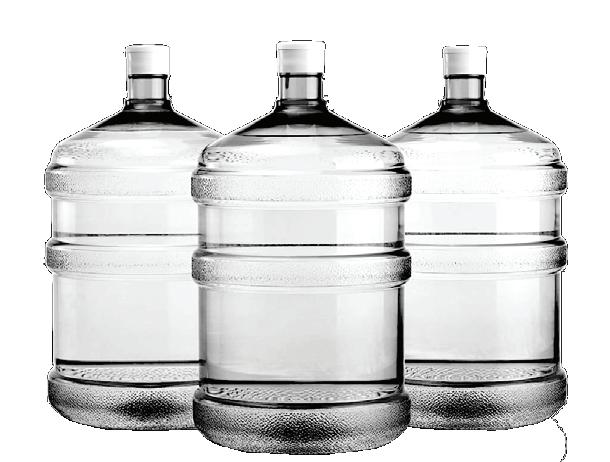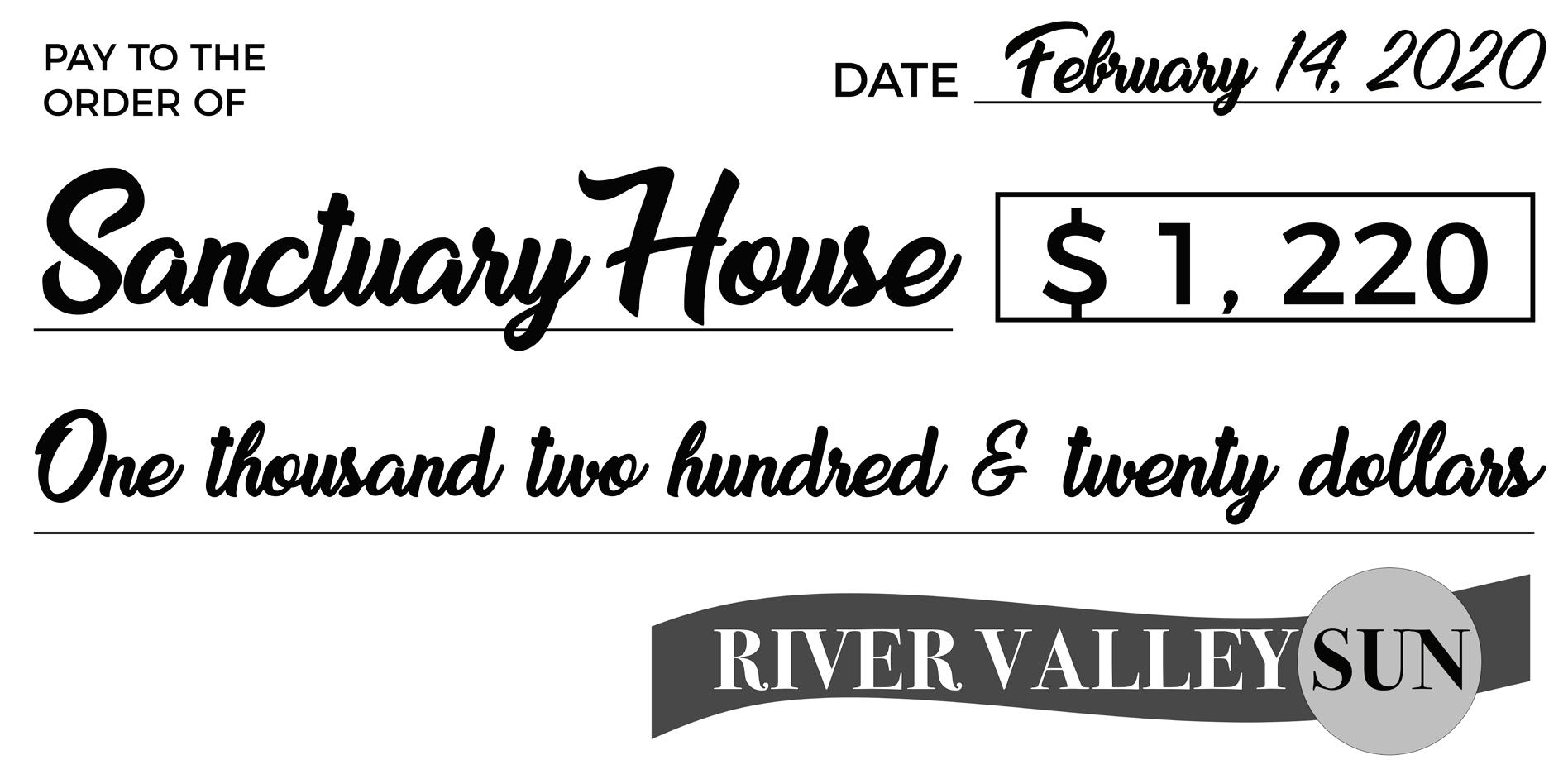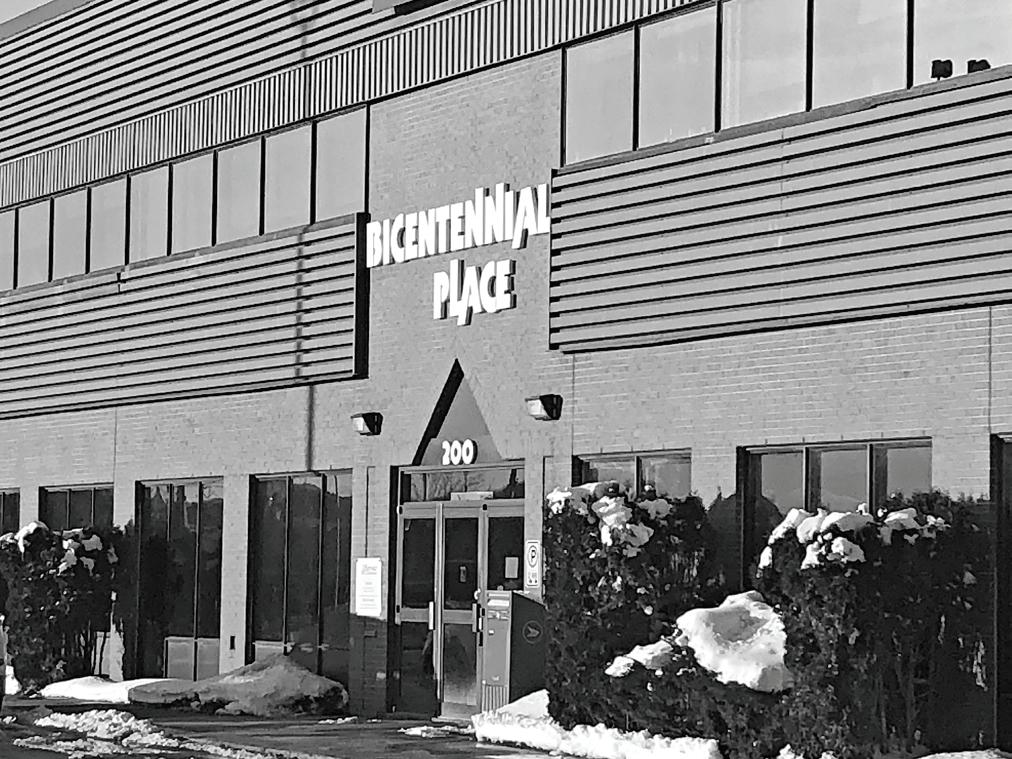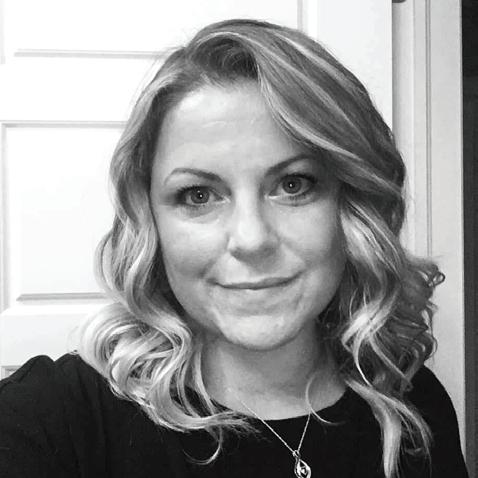
5 minute read
Tappan Adney is credited with saving the
Everything heart
Mere Mortal
Advertisement
By Kathy Sherwood-Orser
Heart! Take Heart! Heart & Stroke! Matters of the Heart! Heart Health! I Heart You!
There are many meanings and topics when February comes along. February is Heart and Stroke Awareness Month, and February has Valentine’s Day. February can be a month that inspires positivity as we look for slightly longer hours of sunlight, somewhat nearer spring. When we are talking matters of the heart, let’s consider how to take care of your heart, heart disease and strokes. The Heart and Stroke Foundation website is awesome. Taking the risk assessment is an interesting way of being honest with yourself about the issues that might impact your health. My weight, my battle with Type 2 Diabetes and my stress levels are serious factors that could lead to heart-related health issues, but I am happy to report my life expectancy is still well over 90 years old. And I was honest about everything.
Your heart is an organ and an important one. It is also a muscle. The heart is about the size of your fist. It is protected by your ribs and breastbone (sternum). It beats about 100,000 times a day.
Each beat of your heart pumps blood through a network of arteries and veins. Your heart contracts then relaxes to pump blood through your body. This action is similar to clenching and unclenching your fist. With each beat of your heart, blood is pushed through your arteries, which creates your pulse. Your heart rate is the number of times your heart beats per minute.
Normal heart rate varies from person to person, but an average adult resting heart rate is usually about 60 to 100 beats per minute. Mine is measured by my Fitbit and is often about 72 during resting. During exercise, it jumps to 161 – 166 beats per minute. Knowing your heart rate can help you spot health problems. And since I know mine, I can work at improving both the resting and the exercise one.
Did you know that up to 80% of premature heart disease and stroke can be prevented through your life habits, such as eating a healthy diet and being physically active? A healthy diet can help lower your risk of heart disease and stroke by: - improving your cholesterol levels - reducing your blood pressure - helping you manage your body weight - controlling your blood sugar.
Canada’s Food Guide recommends eating a variety of healthy foods each day. That includes lots of fruits and vegetables, choosing whole grains and adding good sources of protein, eating a lot less packaged or processed foods and, of course, making water your drink of choice.
What about matters of the heart? Dealing with grief, coping with the loss of something loved; a loved one, a loved pet, a job, a relationship, a dream? Loss of your health? These issues matter too.
It becomes vital to consider that all of these also impact our emotional health, which directly affects your physical health. Oddly enough, the same advice as above is recommended.
Get a little exercise. Get started by stepping outdoors – even in the cold and take a walk. Not suggesting you have to run a marathon but take a ten-minute walk and increase the time or distance.
Find a buddy and head to the track, a fitness class, a yoga class or something new like dancing, martial arts. Find something to laugh about – like a funny movie, a YouTube video that makes you laugh or find a friend or other support to commiserate with. Try something new – an art, a musical instrument, a new restaurant.
Trying something new is a distraction, it is forcing your brain to think of something else – hopefully, something positive. Think positive and write positive things down to review when your heart is too sore to come up with any, write these in a journal and look back once in a while. Go out of your way to do something for someone else. Volunteer somewhere doing something valuable – this can be as simple as helping someone get their groceries in the car – lol – find me, I hate doing that. Doing for others warms our hearts, mends our hearts. And take some time, mending or healing takes time. It can’t be rushed, it can’t be avoided, and it can hurt. Allow yourself the time you need, there is no fixed pattern or set timing, breathe, allow the feelings and feel yourself mending.
Kathy Sherwood-Orser is the Western Valley Wellness Network Co-Chair and Wellness Champion who lives with her family in her childhood home in Hartland.
WATER CENTRE

.99 ¢
Newnham & Slipp Pharmacy
Free Local Prescription Delivery, Home Health Products, Orthotic Supports & Braces, Mastectomy Products with Certified Fitters and Fitting Rooms, Hallmark Gift Shop, Birkenstocks, Cosmetics & Lotto Tickets!

604 Main Street Woodstock 325-2000
Best price in Woodstock!

UP TO 18.9 L
Shoppers Drug Mart
Online Prescription Refills, Expanded Health Care Products, Luxury Beauty Products, Wardrobe Accessories, Fragrances, Fresh and Frozen Grocery Items, Household Products, Cleaning Supplies, and PC Optimum Points!

370 Connell Street Woodstock 328-8801
Ryan’s Pharmacy Friendly Caring Staff Prescriptions and Custom Compounding Travel Clinic - rivervalleytravelhealth.ca Health Care in Your Community Since 1970!

135 Otis Drive Nackawic 575-2075

For details on recycling in our region, visit us at www.rsc12.ca
Follow us on Facebook at WVRSC-Waste Management Division
Western Valley Regional Service Commission 3143 Main Street Unit 2 Centreville, NB E7K 3E8 (506) 276-3610 Or call us at (506) 245-0161 ext. 201







